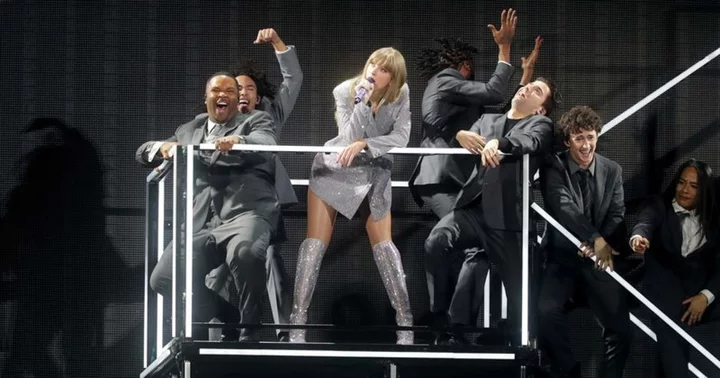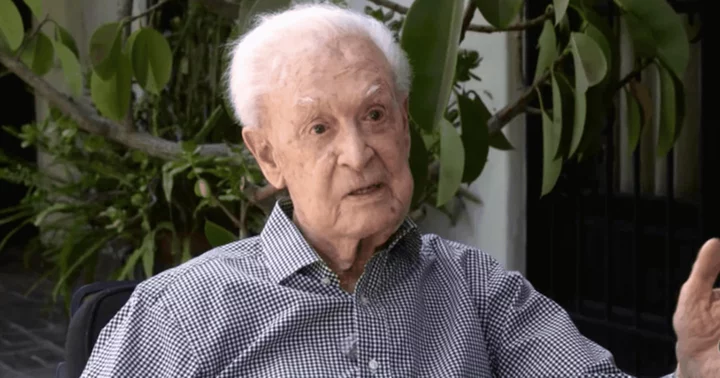GLENDALE, ARIZONA: Concertgoers on Taylor Swift's Eras Tour are experiencing post-concert amnesia as they are having trouble recalling specifics from the show. Swifties who have been to her show claim that they are experiencing an "out-of-body experience" while at the concert.
Swift began her Eras Tour on St Patrick's Day in Glendale, Arizona, and it featured set lists from all ten of her studio albums. With its expansive sets and stunning visuals, the Eras Tour has evolved from a onetime pop spectacle to a continuous mass cultural phenomenon. The Eras Tour feels like an ongoing, vast, interactive reality show with fresh episodes released each week rather than as a collection of shows. And, it's safe to say that everybody who gets to see the performances live will have an experience they never could have imagined. However, experiencing post-concert amnesia is definitely going too far.
What are fans talking about when discussing the Eras Tour?
Jenna Tocatilan, 25, from New York, had been dreaming about seeing the pop sensation for such a long time and when she got the chance to see Swift perform live it was hard for her to remember what was going on in her thoughts.
"Post-concert amnesia is real," Tocatilan said to Time magazine after witnessing Swift perform a "surprise" song. She added, "If I didn't have the five-minute video that my friend kindly took of me jamming to it, I probably would have told everyone that it didn't happen."
Nicole Booz, 32, said she felt like "an out-of-body experience, as though it didn’t really happen to me," during the time she attended Taylor Swift's performance in Philadelphia on Sunday, May 14, according to Time.
What do experts have to say about the experiences that Taylor Swift concertgoers had?
Experts said that there is solid evidence to support the phenomena, which does not only affect Swifties, or superfans of the singer. Dr Dean Burnett said, "If you're at a concert of someone you love, surrounded by thousands of very excited other people, listening to music you've got established emotional links to, that's going to be a lot of emotion happening to you at one time," according to DailyMail.
Burnett, a neuroscientist and honorary research associate at Cardiff University, added, "As well as being exhausting for the brain, it's going to mean all the things you experience will have a high emotional quality, which means nothing 'stands out', and that's important if you want to retrieve a memory later."
Dr Ewan McNay, an associate professor in the psychology department at the State University of New York in Albany, claims that people's brains react to high happy emotion in a manner that is comparable to how they react to stressful events. He offers some suggestions for fans because this overflow may make it more difficult to develop memories. "People could try to jump up and down and scream a little less, to control the excitement," he said.









